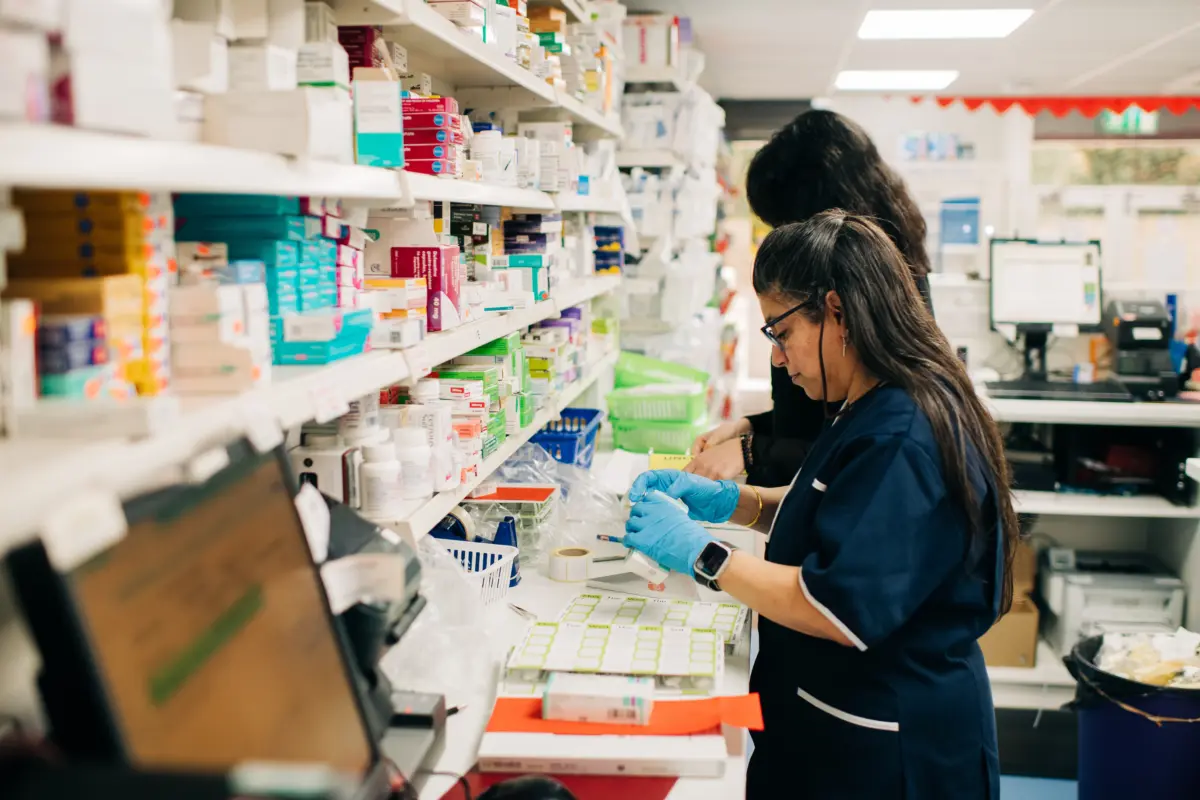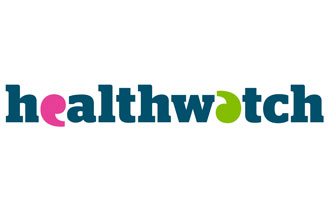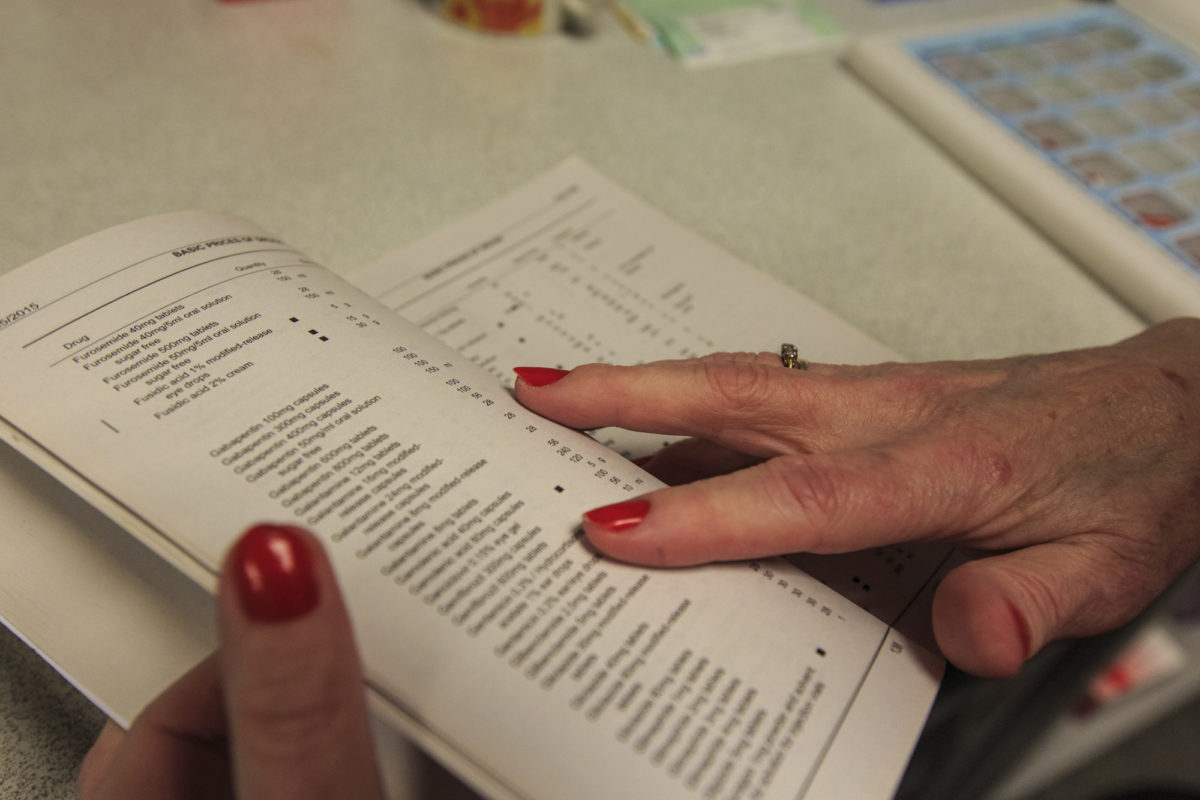Branded generics
Published on: 12th September 2014 | Updated on: 4th July 2023
In some parts of the country, branded prescribing is a key problem for contractors.
As Category M prices are set to include an element of purchase profit, a fundamental part of the new contract funding arrangements, reimbursement prices may be higher than manufacturer’s list prices. To save money, some CCGs may encourage branded prescribing.
When products are prescribed generically, pharmacies seek to obtain the best available generics prices, driving down the prices being charged by wholesalers and manufacturers and in turn the Drug Tariff reimbursement prices and costs for the NHS. Prescribing branded generics or off-patent branded medicines profoundly affects the competition that drives down prices in the generics market and acts to drive up costs to the NHS. It can also lead to unequal geographical distribution of the funding under the contractual framework.
Branded generic manufacturers sell their brands into the market at prices that, of necessity, include the costs of their marketing efforts with CCGs and prescribers; costs not incurred by “true” generic manufacturers. They are able to list prices lower than those of the equivalent generic drug because they are not contributing, or are contributing only at minimal level, to the delivery of the agreed level of purchase profit that is part of the contractual framework funding. The contribution that is missing is consumed by marketing costs and the branded generic manufacturer’s own profits.
Community Pharmacy England is completely against this practice and has been raising the issue with the Department of Health and Social Care (DHSC) for a number of years. There is significant history attached to this issue with DHSC previously consulting on changes to the arrangements and the OFT considering this as part of their review on the PPRS arrangements. The OFT agreed with Community Pharmacy England’s view that this practice was not in the interests of the NHS.
NHS Employers has also issued guidance explaining the detrimental effects of branded generic prescribing on Community Pharmacy, the wider NHS and patients. The following is an extract from their guidance document for GPs and practice staff regarding Community Pharmacy:
‘Branded’ generic or branded medicines prescribing policies
Although the vast majority of generic medicines in category M are the most cost effective way of prescribing that medicine, at times manufacturers reduce the price of their branded product to one that is cheaper than the equivalent generic product listed in category M. This is done to promote market share of the branded product.
When responsible for prescribing costs, some PCTs encouraged the prescribing of, and switching patients to, specific branded medicines or ‘branded’ generics. Such a policy may deliver some cost savings to the primary care drugs bill; however, the savings are often unsustainable by the manufacturer.
In addition, by adopting these policies, pharmacies are required to purchase branded products for which there is little or no discount when the items are purchased by the pharmacy. The discount reduction is still applied when the prescription is priced by NHS Prescription Services, and consequently the items may be reimbursed at less than cost price to the pharmacy. This can impact on the financial viability of the pharmacy and put the provision of pharmaceutical care at some risk. The reduction in prices at a local level may actually cause increased prices for the NHS as a whole, as adjustments are made to ensure full delivery of total agreed pharmacy funding. This adjustment is applied nationally, so the adjustment may not restore viability to seriously affected local pharmacies.
Frequent changes to prescribing could also be detrimental to patient care. Continually changing brands can create confusion for patients and can undermine their confidence in their medicines. There is also evidence that some branded generic products that have been subject to switching have quickly become short in supply, leading to delayed access to the medicines for the patient.
The full guidance document can be accessed on the NHS Employers website.
Community Pharmacy England also continues to provide information and support to LPCs in dealing with branded generic prescribing on a local basis. Visit our page for LPCs here (Members Area login required).
Divestments
Another further issue of concern is the increase in proprietary products being divested or de-branded, with high priced generics being introduced in place of the previously available cheaper brand, which is possible as the price of generic drugs is not controlled by PPRS. Such occurrences can cause significant increases in NHS expense, leading to financial pressures on CCGs, who may then pursue short sighted BG prescribing policies which ultimately increase NHS costs further. Community Pharmacy England is continuing to monitor divestments as part of our ongoing work.













